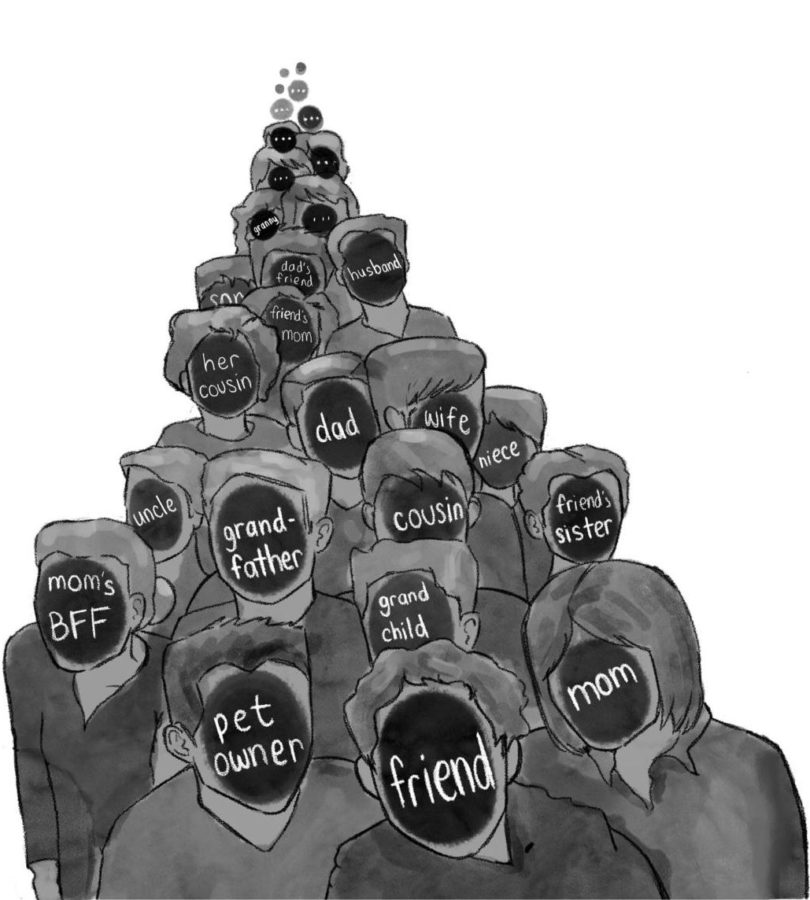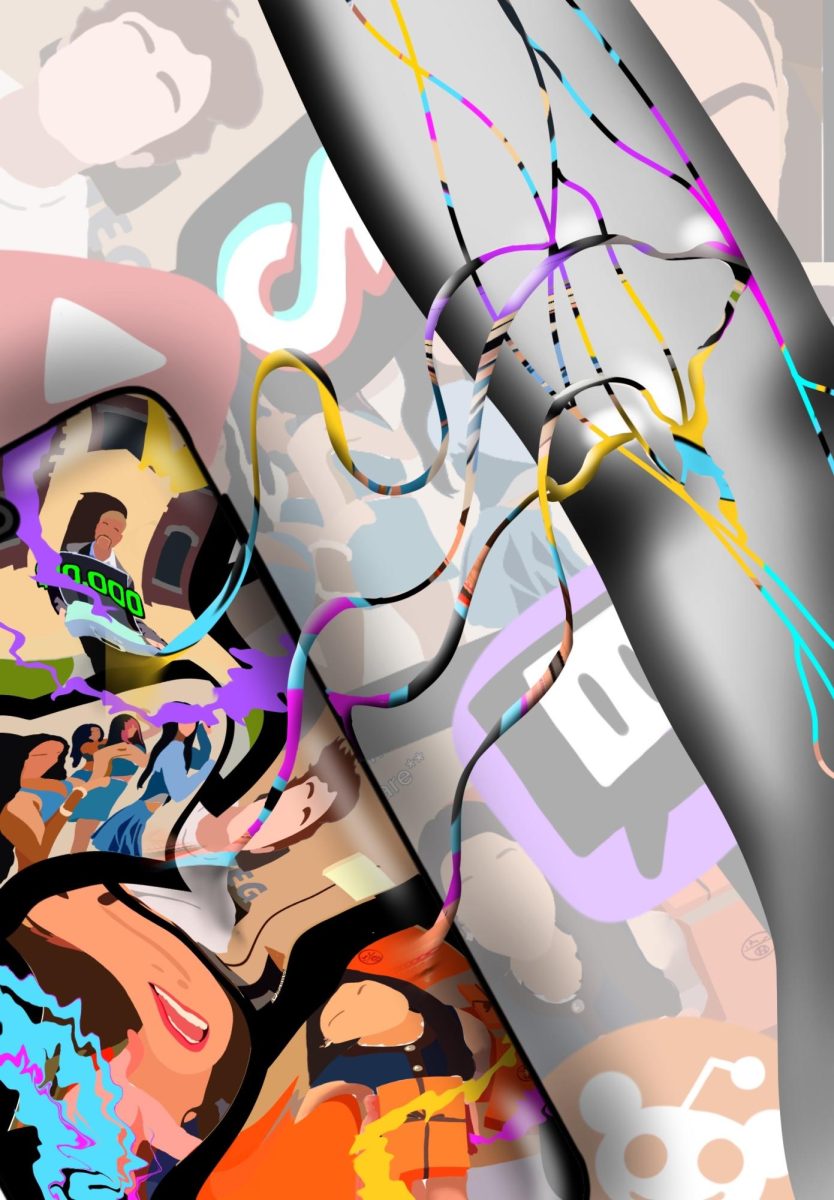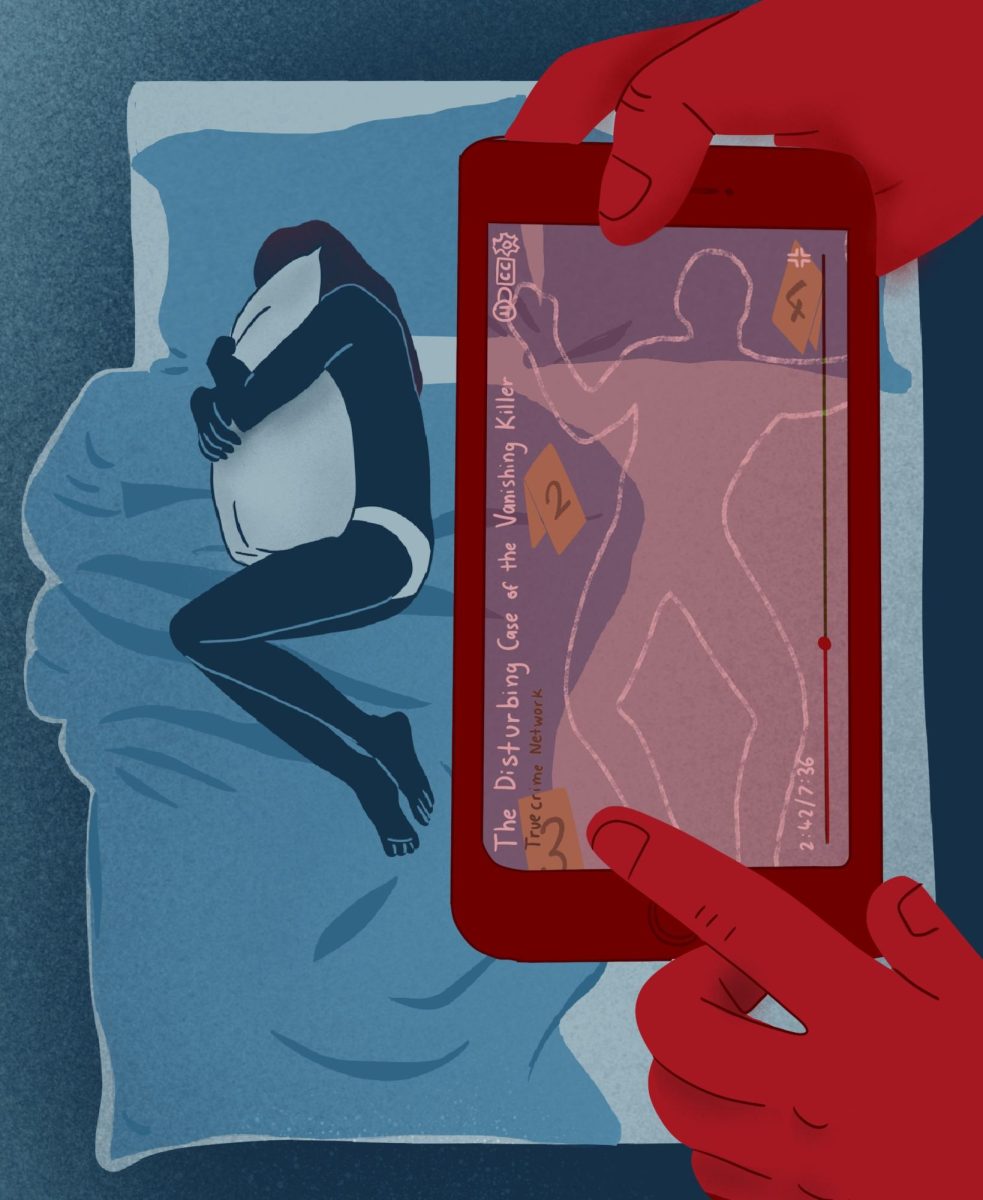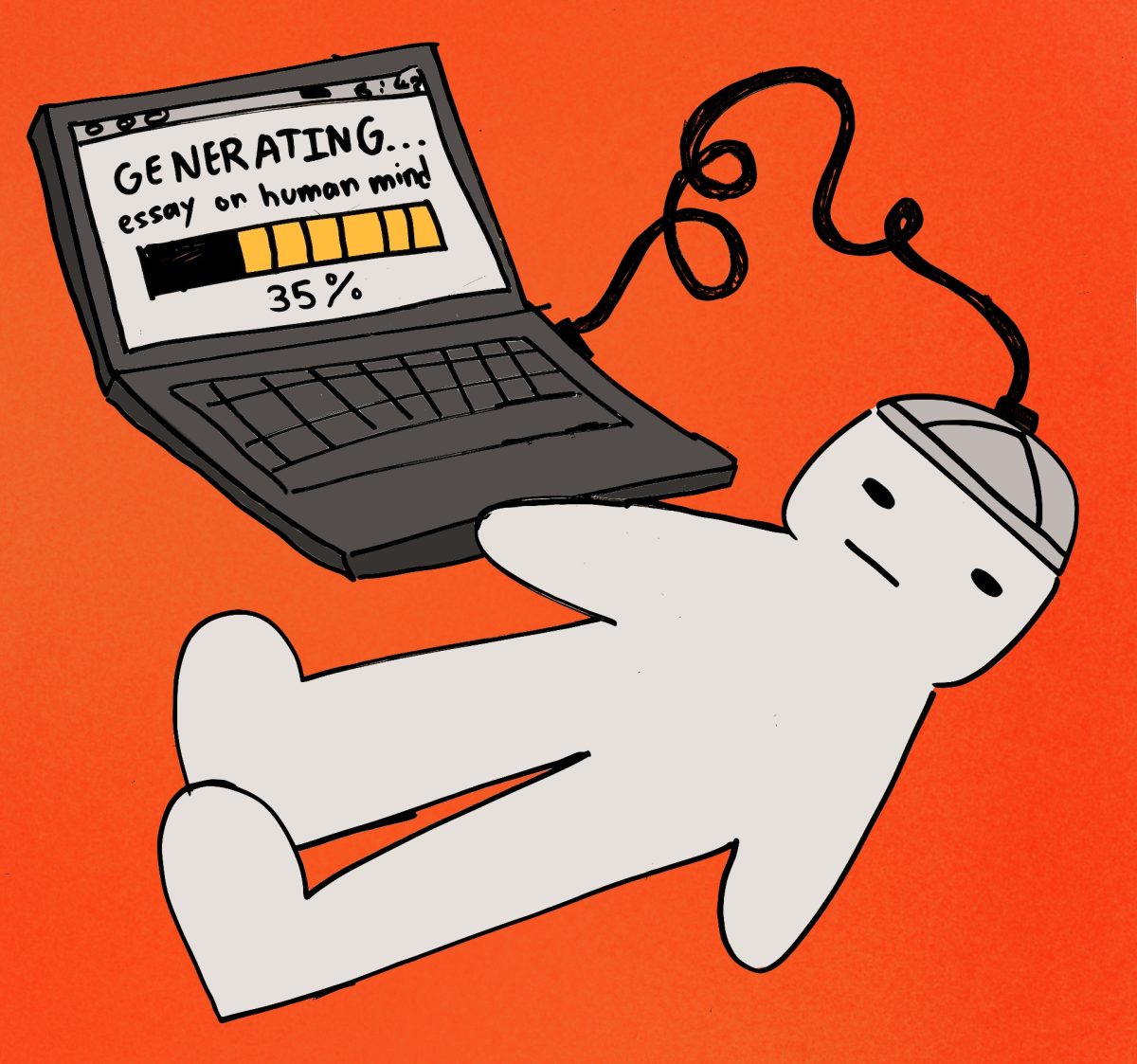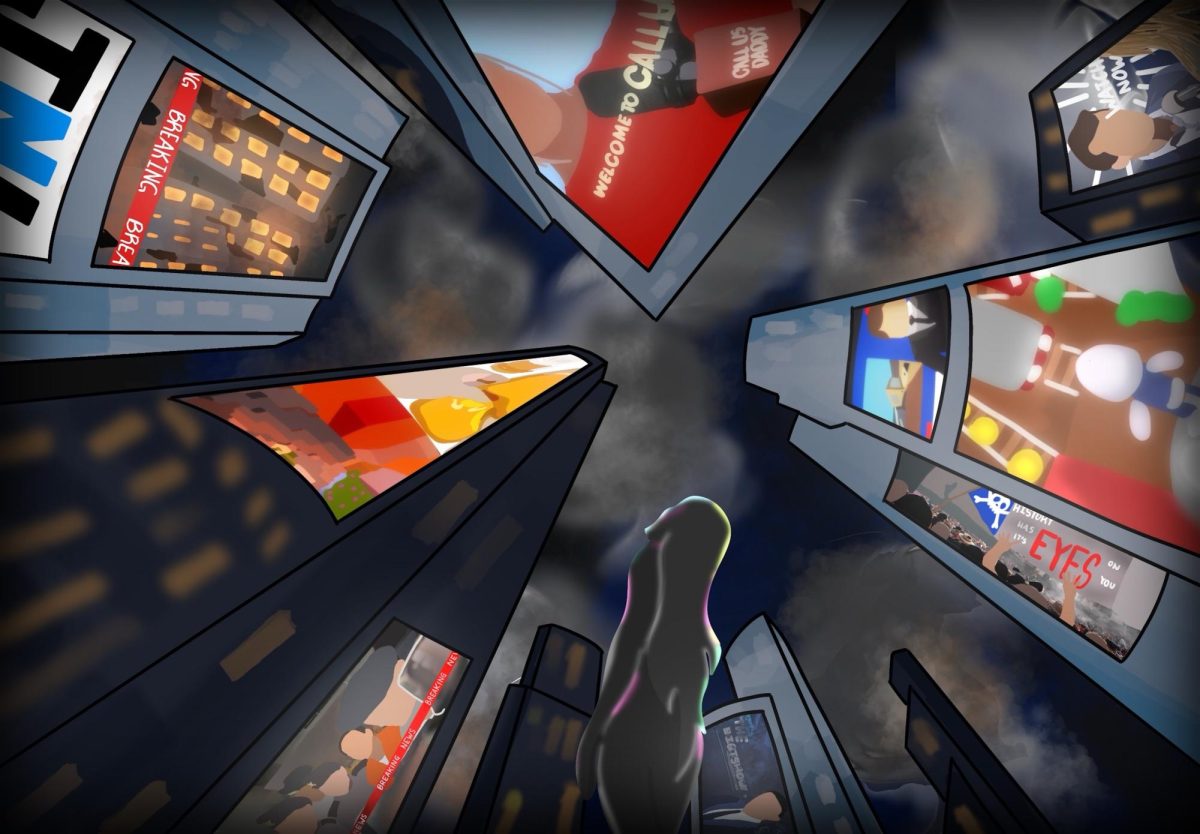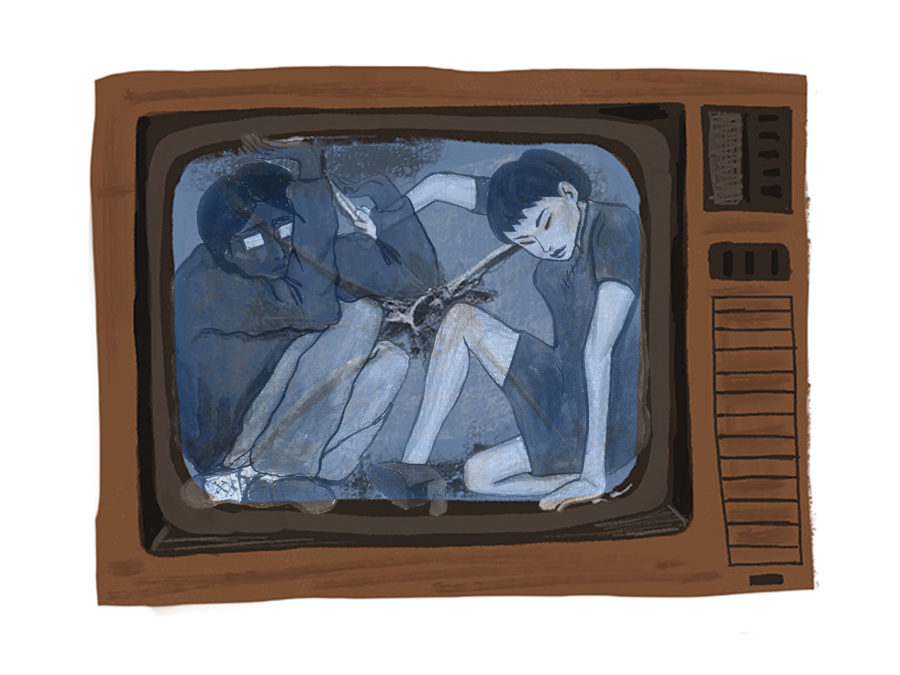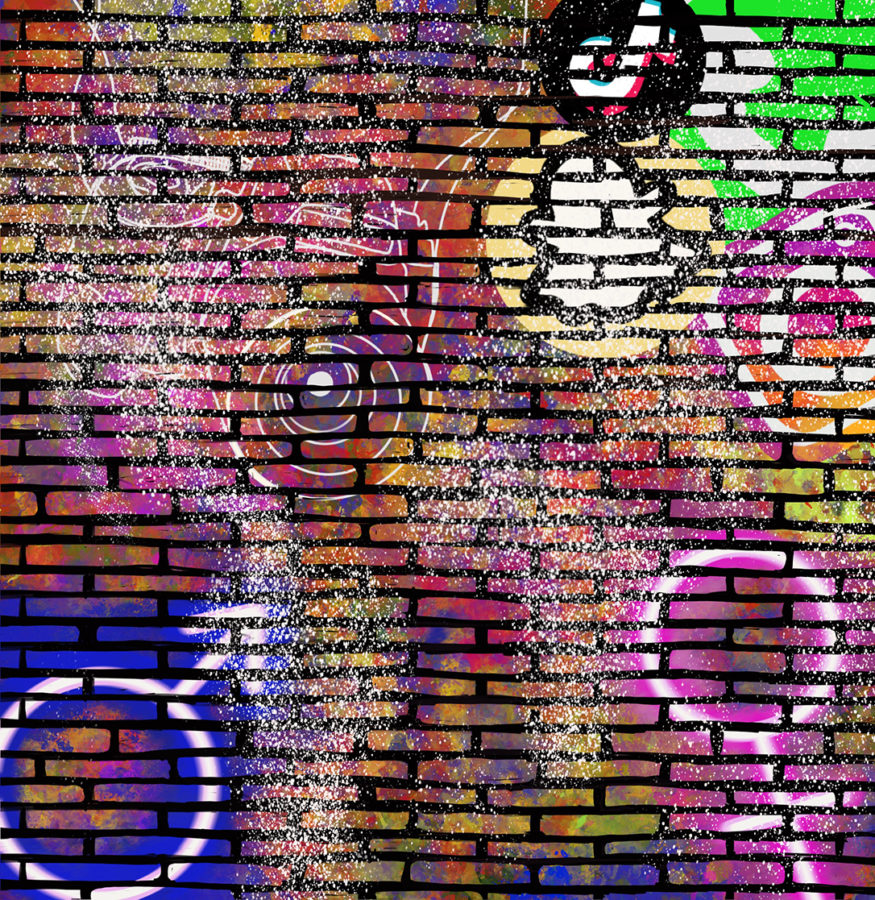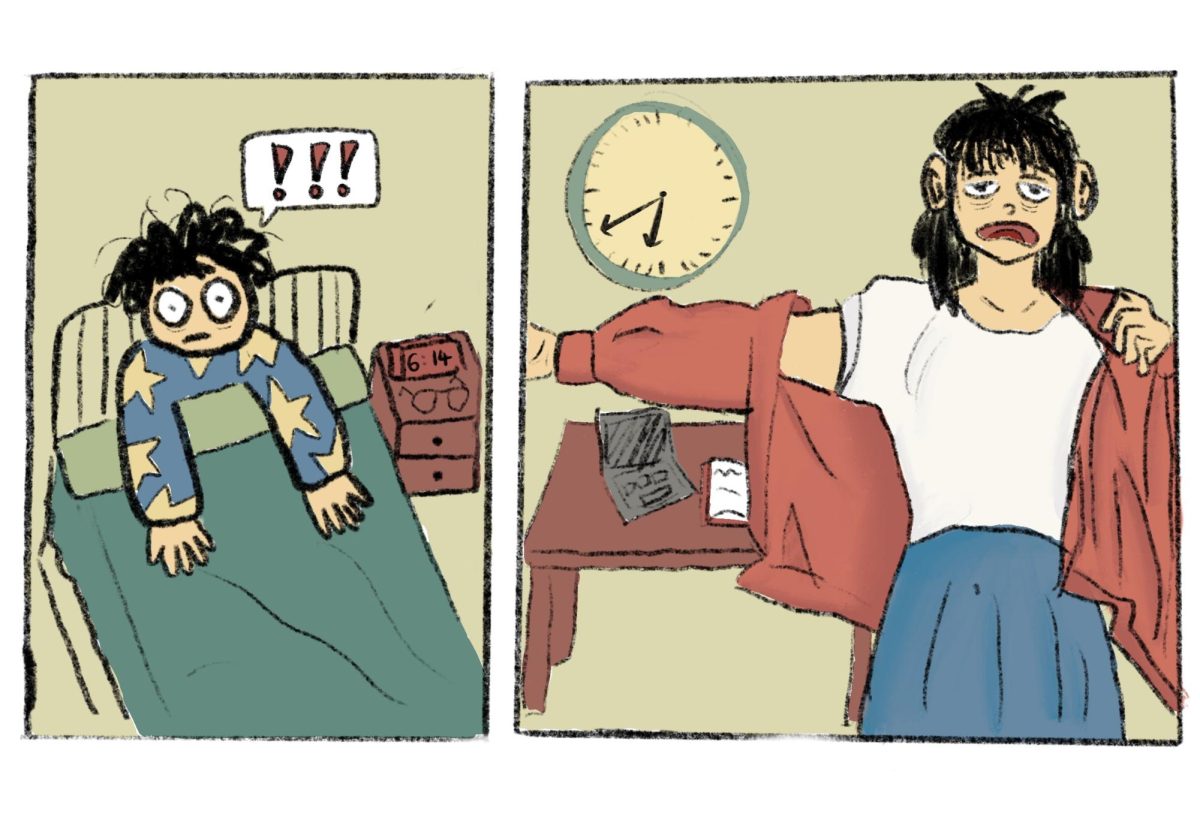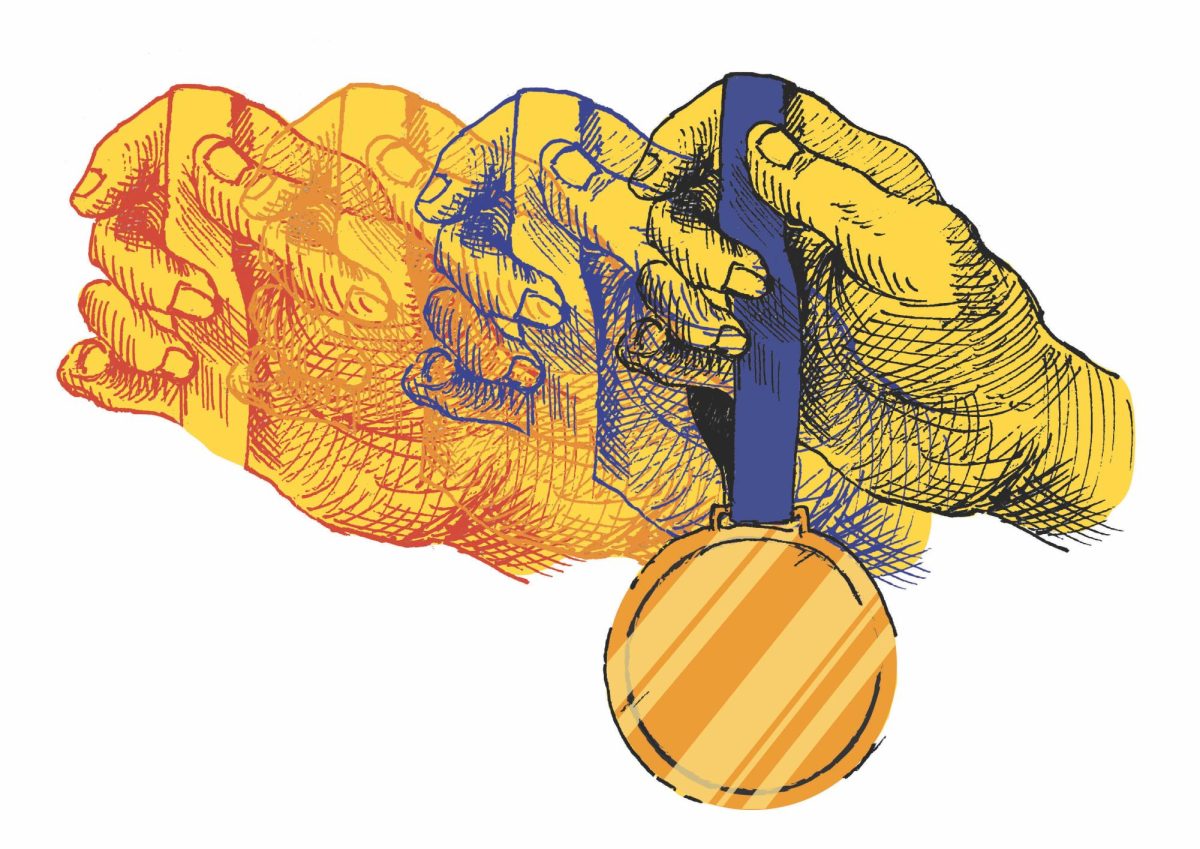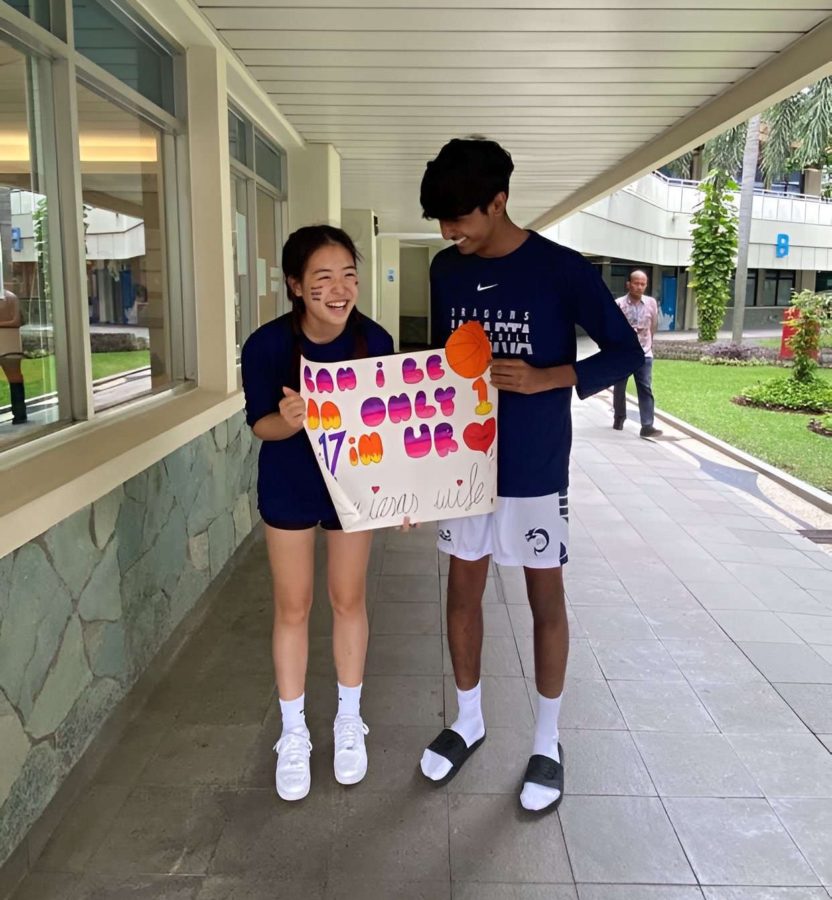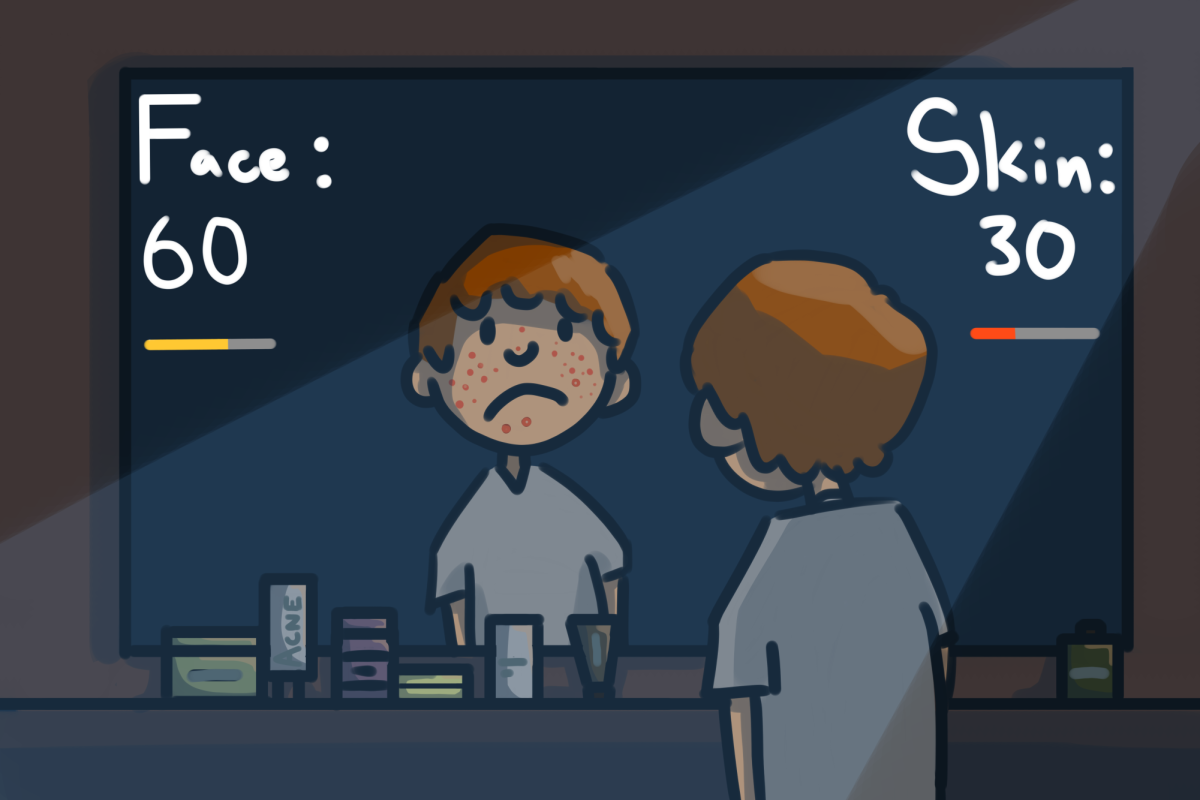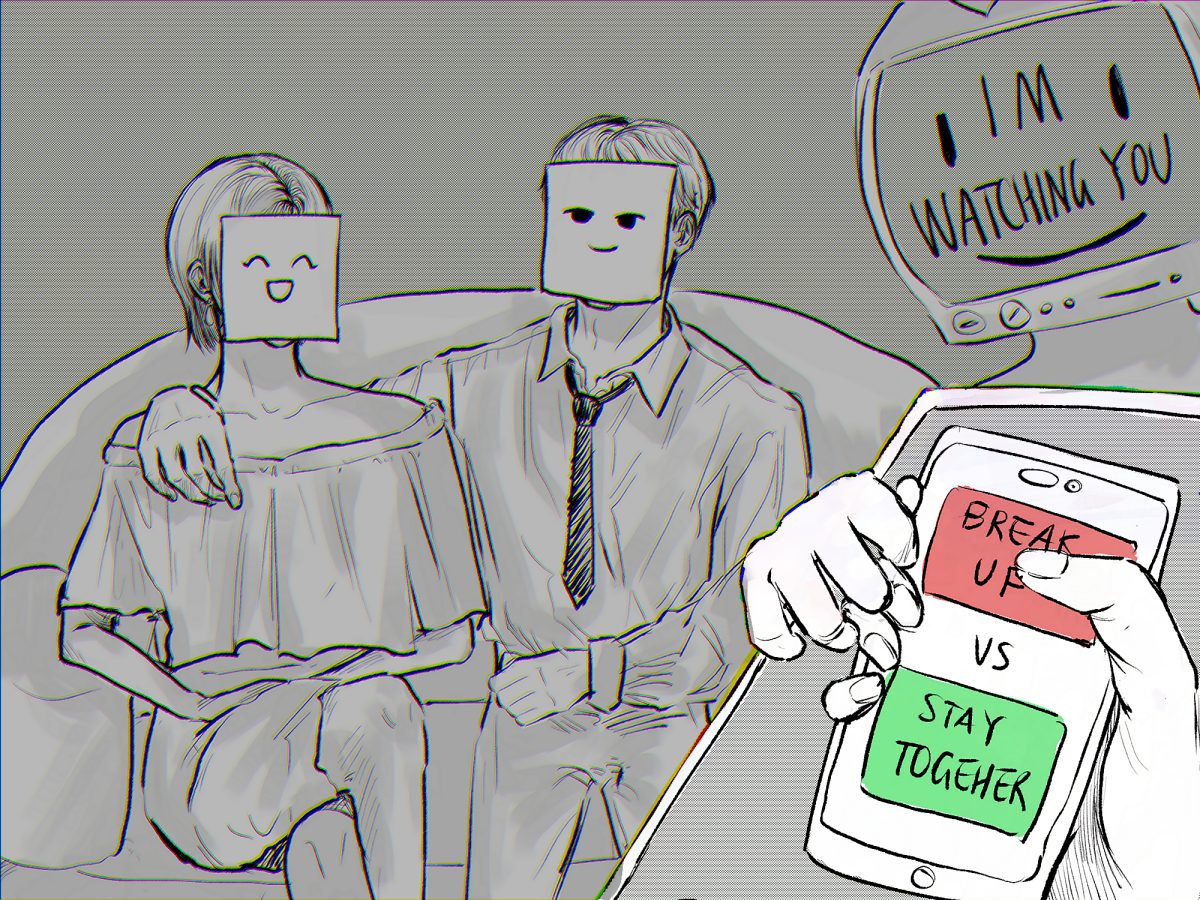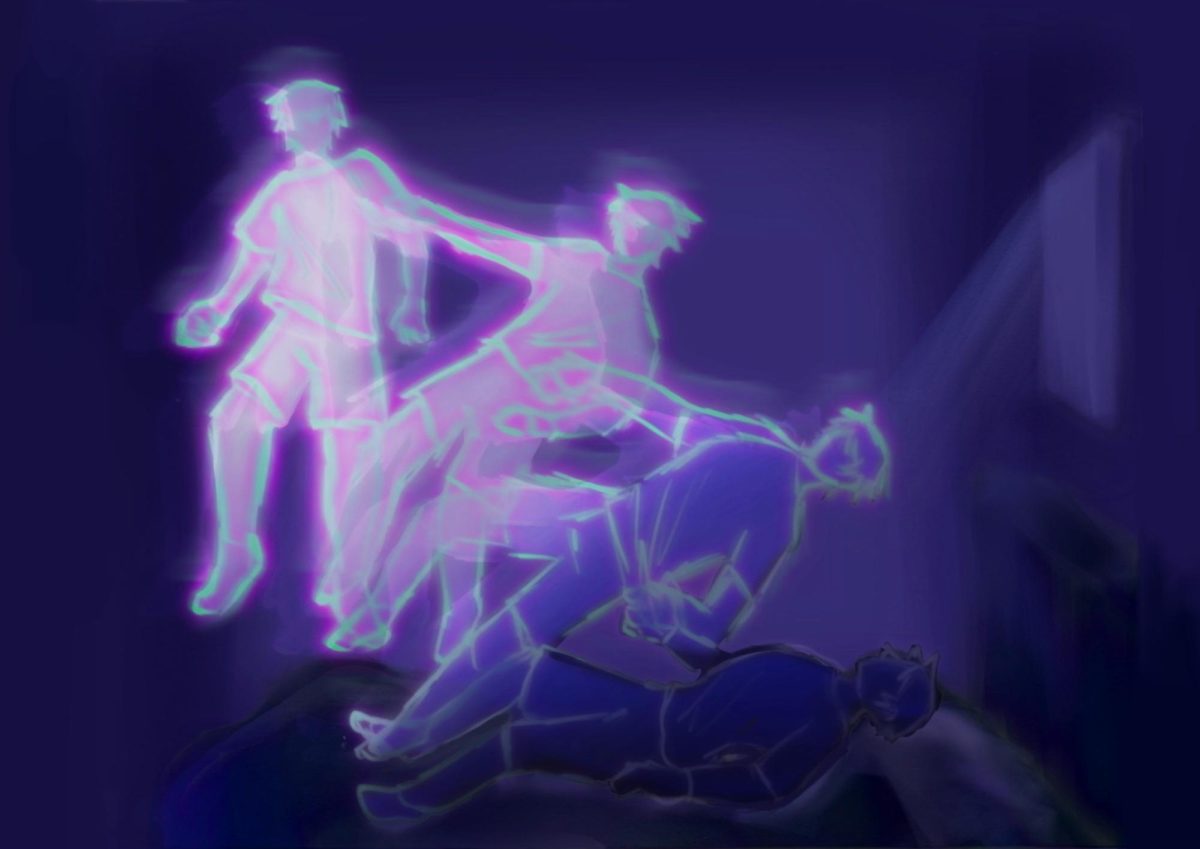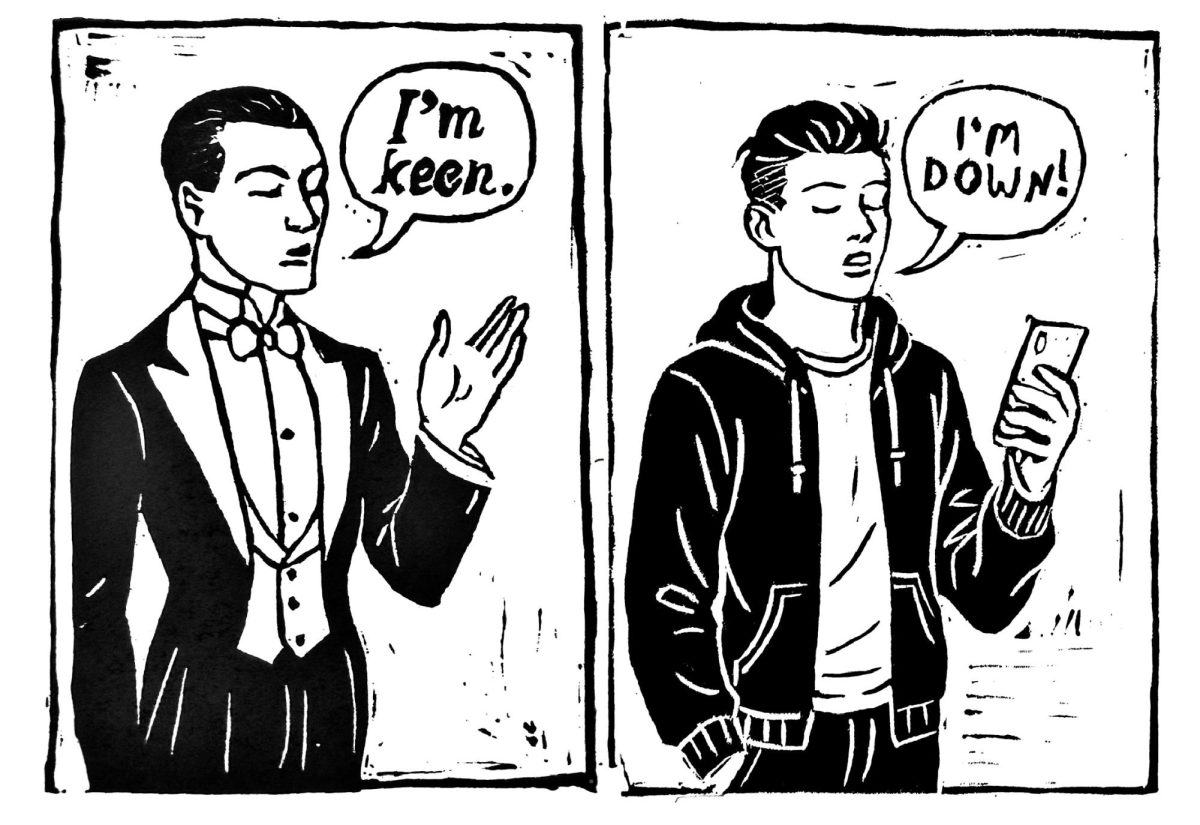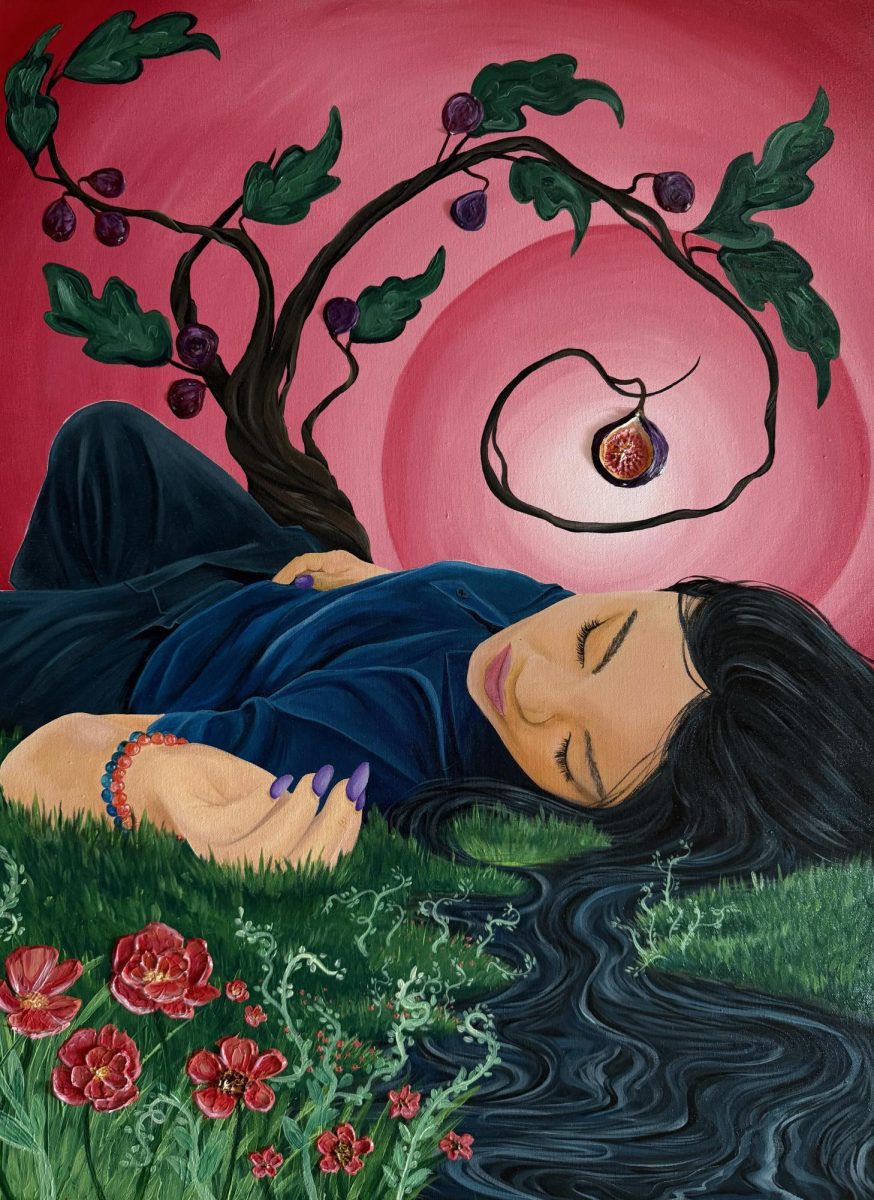As we surf through media, a noticeable influx of reality television is evident. Serving as a contrast to the scripted content available to us, with a premise that deviates, “unscripted” television has garnered loyal audiences of its own right. By shunning fictional characters for a slew of real personalities, replacing deliberate plotlines with a camera crew that films unrestrictedly, these programs promise a level of authenticity. Through embracing an unconventional concept, viewers around the world now tune in for their fix of shock value, relatability, and spectacle.
To understand this fascination, we can turn to a psychological perspective. What underlying phenomena have fueled society’s interest with reality television, and how have they kept audiences so captivated?
Hedonic Entertainment
Short-form content, characterized by its succinct, straight-to-the-point, and highly accessible nature, now largely dominates the internet’s media output. As algorithms encourage creators to consolidate their videos, attention spans have simultaneously decreased. In fact, research conducted by Dr. Gloria Mark, a professor at the University of California, Irvine, has determined a 66% decrease in the average individual’s attention span over the last two decades.
Considering this, as creators strive to monetize optimally, it becomes imperative to cater to the mass audience’s preference for to-the-point content—an approach that ultimately exacerbates the decline of attention spans.
When more of the online population becomes conditioned to expect instantaneous stimulation, this ultimately leads to the increasing demand for hedonic entertainment.
According to the Merriam-Webster dictionary, hedonism is the “doctrine that pleasure or happiness is the sole or chief good in life.” Therefore, hedonic entertainment can be characterized as media rooted in providing pleasure, immediate gratification, and dopamine, the neurotransmitter most correlated to our brain’s reward system.
Reality television has increasingly represented this. Although these kinds of programs have significantly longer runtimes than a social media clip, its intentions remain similar. For example, it is possible to recall competition shows in which contestants compete for a title; producers typically integrate challenges within these programs to elicit rivalry among the cast. Whether it be fighting for love, rewards, or maybe simply attention, these events are devised to primarily provide spectacle.
When it becomes clear that a single episode can include explosive fights, heated interventions, and moments of catharsis, reality shows can become dopamine hotspots.
By catering to those who desire immediate pleasure, viewers receive an instant payoff, wherein the need to wait for the next season is rarely required.
Schadenfreude
Often associated with the term “guilty pleasure,” a certain phenomenon can be utilized to explain why this has largely been connected to reality television. The Merriam-Webster dictionary defines schadenfreude as the “enjoyment obtained from the troubles of others.” In other words, observing misfortune in the lives of other individuals can actually incite feelings of our own satisfaction. These can be facilitated through an increase in personal self-esteem, reduction of envy and jealousy, as well as an affirmation of social standing.
Thus, it almost makes perfect sense why reality television elicits this; it’s intrinsic to the production. In fact, some shows are fundamentally built to highlight the failures and flaws of others. For example, some programs involve bringing in consenting guests in front of an audience and dissecting their decisions publicly. A slew of different formats exist, whether it be court-room reenactments, paternity tests, or doctor appointments.
However, these taped interactions often depict dysfunction or embarrassment, further exarcebrating the phenomenon. When audiences turn on these programs, there is therfore a guarantee of witnessing some degree of misfortune.
In acknowledging this, it is vital to highlight that schadenfreude is a complex emotion. Some scholars have claimed that it reflects the natural human desire for self-betterment, while others have contended that it can be a sign of an unstable moral compass. Nevertheless, in understanding its nuances, individuals can become more aware of how consuming certain content can cultivate such feelings of satisfaction. It is human nature to have emotionally driven reactions to what we witness, and this tendency can not only explain but reinforce the emergence of schadenfreude.
Social Comparison Theory
At its core, a reality television show consists of a cast of real people, not fictional characters. Regardless of how exaggerated personas can be—or how much editing has been done to influence storylines—reality television offers a slew of stars whom viewers can interact with in real time.
This connection can be facilitated through social media or even in-person interactions (such as meet and greets, live events, or run-ins within a public setting). As many wish to capitalize on this opportunity, many stars have chosen to harness this attention for the sake of their careers, venturing into other avenues and endeavors. For those who do not desire to, the visibility they have garnered can still fuel audience intrigue and scrutiny. Therefore, both of these situations open up the possibility of social comparison theory.
Coined by psychologist Leon Festinger in 1954, this proposition delves into how comparison to others can influence one’s self-evaluation and self-image. In particular, this article will focus on how both upward and downward social comparison can be fostered by reality television.
In addressing the former, according to the American Psychological Association (APA), upward social comparison is the act of “comparing oneself with someone judged to be better than oneself.” Certain shows (dubbed “fame and culture shows”) contain the premise of following the lives of those surrounded by glitz and glamour. Acquiring expensive items, taking part in luxurious excursions, and providing a peek into exclusivity, viewers may be propelled to place these stars on a pedestal. In perceiving stars of these programs as more fortunate and successful, contrasting reactions can be elicited. On the one hand, viewers may feel inspired by who they watch on television and develop strong feelings of admiration. On the other hand, it can become detrimental to an individual’s self-esteem, perhaps even leading to a sense of inferiority.
Yet, it’s not merely upward social comparison that can be attained from reality television viewership. Conversely, these shows also have the potential to evoke downward social comparison.
The APA defines this as “comparing oneself with someone judged to be not as good as oneself.” For example, reality television programs related to talent or physical appearance (recall competition shows with these as the emphasis) may incite such a phenomenon.
Seeing contestants participate in these programs can compel viewers to assess performances or characteristics of those on screen within their own terms. These perceptions can facilitate different reactions among audience members. For some, comparing themselves to others who are perceivably less fortunate can prompt self-satisfaction and contentment. By contrast, it may also advance remnants of a superiority complex.
In observing both of these examples, it becomes noticeable that the personalities, actions, and interactions viewed on screen can actually transgress into real life.
Therefore, by delving into several of the psychological phenomena associated with reality television, we are able to gain a behind-the-scenes glimpse at what inspires such intrigue. In amassing such notoriety, it is undoubtable that these shows have sparked countless discourses and discussions pertinent in many communities.
Whether or not you are an avid enjoyer, hold a strong disdain, feel a sense of neutrality, or perhaps even apathy, the content that we interact with can leave imprints in our psyche. Thus, although there is no universal set of guidelines for how we approach our viewership, in being more cognizant of these influences, we can ensure that once the program ends, our lives can continue as normal.



